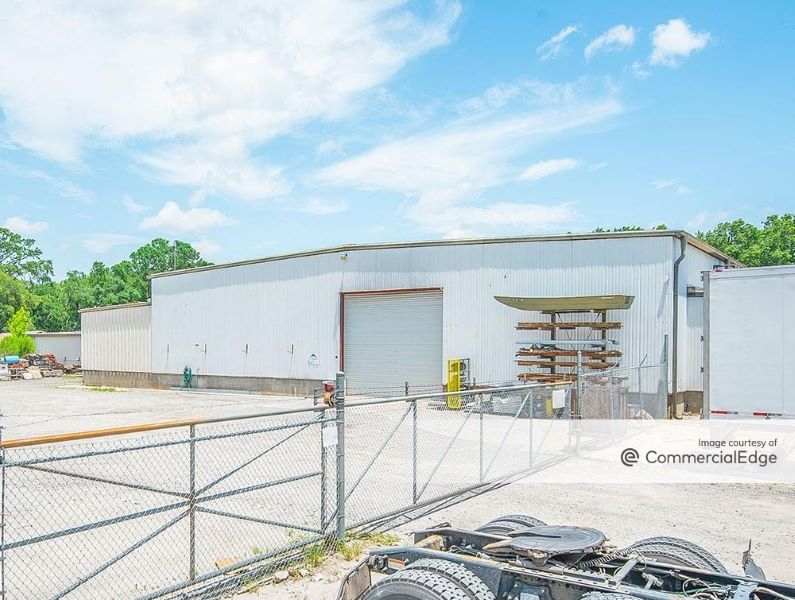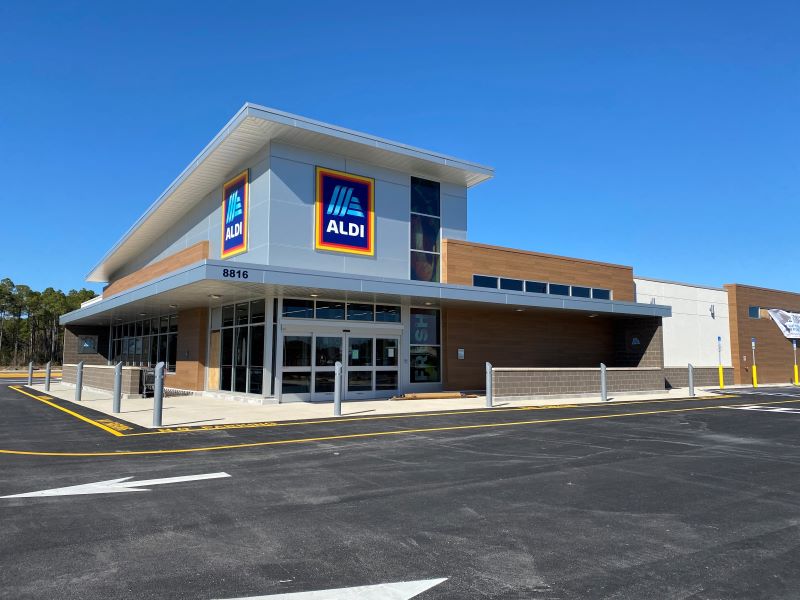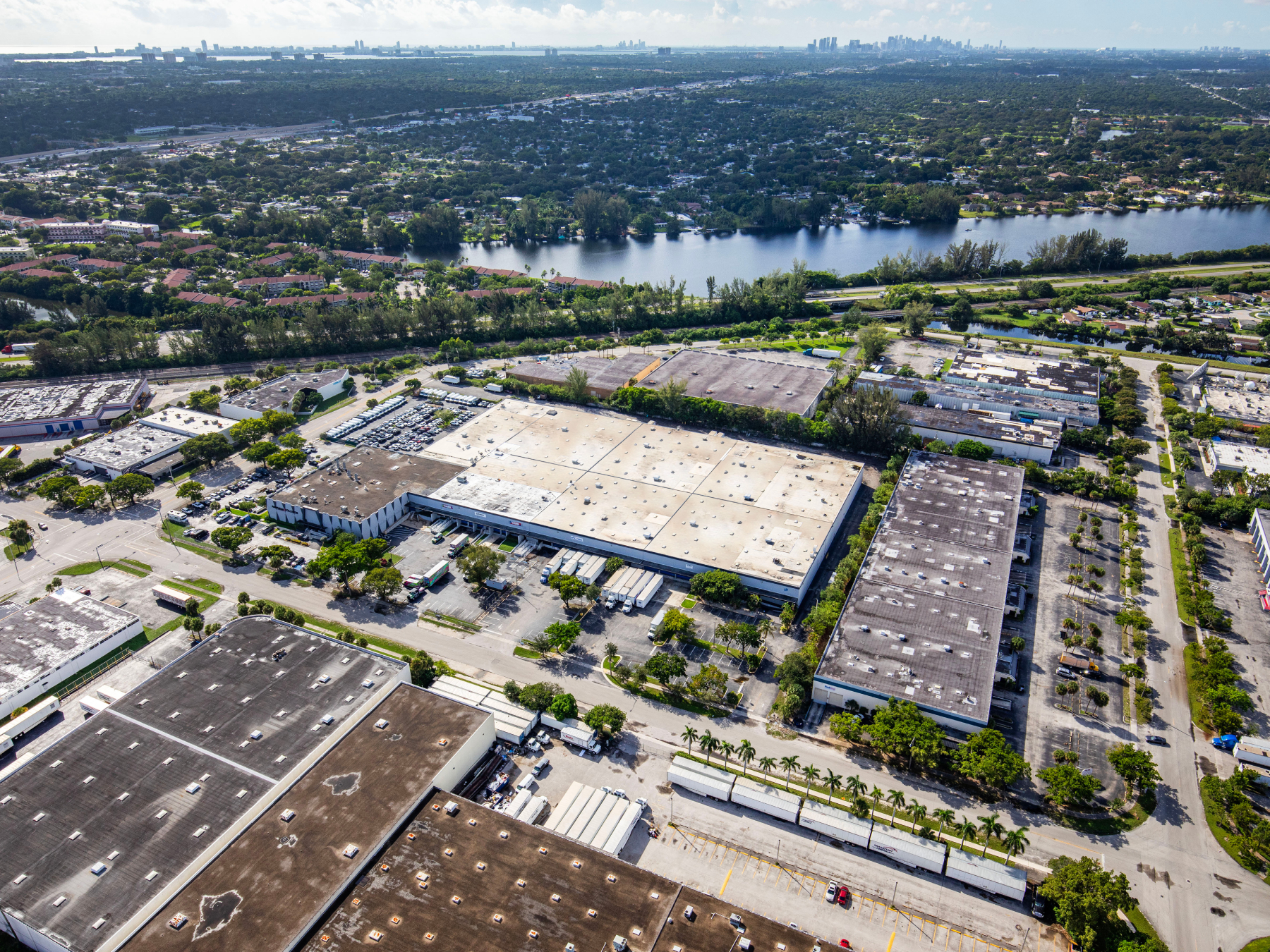July Issue: Investment—New Frontier
Crowdfunding takes off, but can it continue to soar?
By Amanda Marsh, Contributing Writer
In a few short years, crowdfunding in commercial real estate has evolved from a novelty to a growing force. In 2014, volume totaled slightly more than $1 billion, accounting for about 6 percent of the $16.2 billion raised globally through crowdfunding, according to Massolution, a research and advisory firm. This year, that total is expected to jump more than 250 percent to $2.57 billion as global volume doubles to $34.4 billion.
“That’s a staggering number and a total disruption for the industry,” said Ted Farnsworth, founder & chairman of iCrowdHotels Inc., which launched its hospitality-focused platform in May.
In March, the U.S. Securities and Exchange Commission took action that may further fuel the growth of crowdfunding. The regulatory agency signed off on rules aimed at expanding access to capital for smaller companies and providing investors with more choices. The new rules updated and expanded Regulation A, mandated by Title IV of the Jumpstart Our Business Startups Act, the 2012 legislation better known as the JOBS Act.
The updated exemption, dubbed Regulation A+, enables smaller companies to offer and sell as much as $50 million in securities in a 12-month period, subject to eligibility, disclosure and reporting requirements. What does this mean for crowdfunding in commercial real estate?
“Smaller investors not having access to specific assets was a market failure in commercial real estate,” noted Rodrigo Niño, CEO of Prodigy Network L.L.C. “The change in regulation introduced by the JOBS Act has opened up an opportunity in our industry. The potential is huge for crowdfunding as another source of equity for projects that might be deemed complicated, complex or too convoluted for traditional financing.” It may only further fuel the fire behind real estate crowdfunding, which has gone gangbusters since the first platforms began popping up a mere three years ago.
Popular Demand
New platforms are springing up in response to the demand. iCrowdHotels Inc. offers investors a stake for as little as $10,000; it so far has a deal pipeline of $130 million in key markets like New York City, Miami, California and Europe.
The idea of crowdfunding “has gone from impossible two years ago to improbable last year to inevitable now,” Niño said. Crowdfunding is particularly attractive to investors seeking higher returns than the 6 percent at best in stocks and bonds, he continued. “You can buy down the property and then open a crowdfunding platform. By reducing traditional equity’s base, IRR can substantially go higher.” It’s also great for the crowd, he added, because there isn’t a closing risk and the institutional investor is a backstop.
And crowdfunding is just getting started, asserted Fundrise L.L.C. co-founder & president Dan Miller. “As with early e-commerce, it takes time for people to get comfortable with transacting online,” he said. “Investors started cautiously with small amounts and lots of questions, but now they see it as a tool for adding diversification, a progression from buying stock and mutual funds.”
Since Innovational Funding L.L.C. launched three years ago, real estate crowdfunding platforms have mushroomed from a handful to more than 100 different platforms, noted William Skelley, iFunding’s chairman & CEO. “It grew a lot faster than anyone expected.”
Top executives credit technology with enabling crowdfunding programs to scale up quickly. “Anyone can invest, in less than nine minutes, and it enables everyone to participate simultaneously,” Niño said. Prodigy Network—which provides accredited investors access to prime assets in Manhattan and Bogota, Colombia, for as little as $20,000—has raised more than $320 million in common equity from 22 states and 18 countries. In combination with more than $800 million in capital raised from traditional sources, Prodigy Network is financing five projects in New York City and three in Bogota. The firm also expects to raise $80 million in crowdfunded equity for three of its Manhattan projects during the next eight to 10 months.
iFunding’s typical offering is $5 million to $50 million in senior or mezzanine debt or preferred equity. Skelley noted that crowdfunding will contribute a minimum of $1 million to each offering in the near future. When Fundrise started in 2012, its raises averaged only a few hundred thousand dollars per project and took two to three months each to fund, Miller noted. This year, average investment size increased to $2 million, and he predicts that $3 million to $4 million offerings will soon be typical.
“In a year or two, we’ll be raising amounts competitive with any major financial group,” he predicted.
Institutional Interest
In a telling trend, large institutional players are co-investing with the crowd. Niño cited deals involving both crowdfunding and global giants like Deutsche Bank AG, CIBC and Bank of America N.A. Recently, iFunding contributed to the $55 million recapitalization of a portfolio in Stamford, Conn., that included a Courtyard by Marriott, a Residence Inn and One Atlantic St., an 81,491-square-foot office building. For that deal, an institutional investor provided the senior debt, while the crowd took a $1 million mezzanine position. Given the participation of the institutional sector, Skelley describes iFunding’s platform as more a real estate investment marketplace than strictly a crowdfunding site.
Institutions figured prominently in a recent $15.5 million raise, the biggest Fundrise has been part of to date. Individuals on the crowdfunding platform contributed $3 million, and three institutions co-invested to cover the rest. “The institutions bring more capacity to the sector and more credibility to deals,” Miller noted. So far, Fundrise has raised $50 million in preferred equity, but he expects that to reach $100 million this year.
Crowdfunding deal flow is also tipping toward more prominent assets, he continued. Fundrise recently provided $5 million in construction financing for 3 World Trade Center, the 80-story, 2.8 million-square-foot trophy tower Silverstein Properties Inc. is developing in downtown Manhattan. “(Such deals) show that crowdfunding isn’t a concept for niche products or specific markets but can apply broadly—and to the largest real estate projects in the country,” Miller said.
In the Crowd
Crowdfunding investor profiles reflect the mechanism’s stated goal of broadening participation in real estate investment. iFunding’s typical customer is an entrepreneur or nest-egger with a $1 million to $5 million net worth seeking high-quality deals. Its crowdfunding platform offers investment opportunities starting at $5,000 for assets ranging from multi-family to retail, office and mixed-use.
Fundrise’s typical clients are in their mid-30s to 40s and invest about $15,000 each. The firm’s platform targets urban infill, construction, rehab and development projects in the top 25 metropolitan markets. “We’re opening up a new asset class for individuals,” Miller said. “Some have never invested in commercial real estate before.”
iCrowdHotels is attracting a hybrid of institutional and individual investors who want to source hotel deals more quickly—high-net-worth individuals, family offices and foreign investors from Europe and South America, as well as investors new to real estate and looking to place $25,000 or $50,000 from their IRAs instead of putting the money into a public stock or mutual fund.
Any new investment platform must develop safeguards, and crowdfunding executives are putting a variety of strategies in place. Last December, Fundrise took a major step to protect both its investors and itself when it began to use balance-sheet funds to close deals upfront. Self-funding transactions enables real estate companies to close deals expeditiously, “since the best companies don’t have time to wait around for a deal to fund,” Miller explained. Fundrise then posts the deal on its website, and investors can comment and ask questions. “We didn’t want it to be a Craigslist concept,” he continued. “Pre-funding brings transparency and due diligence to the deal, while showing that we have skin in the game and interests aligned with our investors.”
At iCrowdHotels, accreditation of prospective investors is confirmed by a third party. SEC regulations add further safeguards, Farnsworth noted. iCrowdhotels underwrites the cash flow, location and fundamentals of all properties on its platform.
Among iFunding safety measures: establishing a 30-day waiting period before a potential deal is introduced; hiring the former head of investments at a large REIT as its chief investment officer; and conducting third-party research on each property, typically 40 to 50 hours of review and preparation. “We aim to be 100 percent transparent with our deals,” Skelley said. “You can never disclose too much.”
Next Steps
Going forward, Niño expects accelerating collaboration among institutional players, financiers, traditional owners and the crowd. For instance, Prodigy Network has been partnering with Korman Communities Inc., a family-owned firm based in Philadelphia. Korman’s projects include AKA Wall Street, a 140-unit extended-stay residential property located at 84 William St. in Manhattan.
Also, look for crowdfunding to open up globally, Farnsworth said. “It’s going to be a game-changer, given that the U.S. is one of the safest places to put your money. You have investors from places like Russia, China and Argentina wanting to put their money to work in the U.S., where the dollar is generally stronger. The world is looking to see how the U.S. will regulate crowdfunding so that other countries can follow.”
Skelley predicts a shakeout in the real estate crowdfunding sector over the next 12 to 18 months, and that three to five major platforms will come to dominate the industry.
A shift in crowdfunding’s clientele may also be ahead. Miller said that current rules focus more on the high-net-worth individual—not the unaccredited investor, which comprises 97 percent of the country. The industry will eventually open up to the true retail investor, who can start with as little as $100, he predicted. While regulations make it difficult to offer real estate to them right now, he expects more participation from Millennials once those gates open. Crowdfunding has the potential to transform real estate investment and finance once that happens. “Everyone will have some sort of investment in commercial real estate,” he predicted. “There will be tens of billions of dollars flowing into the industry.”
Despite its promise and growing popularity, however, crowdfunding must prove it can withstand a downturn and then recover. “The next 10 to 15 years are going to define us and other platforms,” he said.







You must be logged in to post a comment.